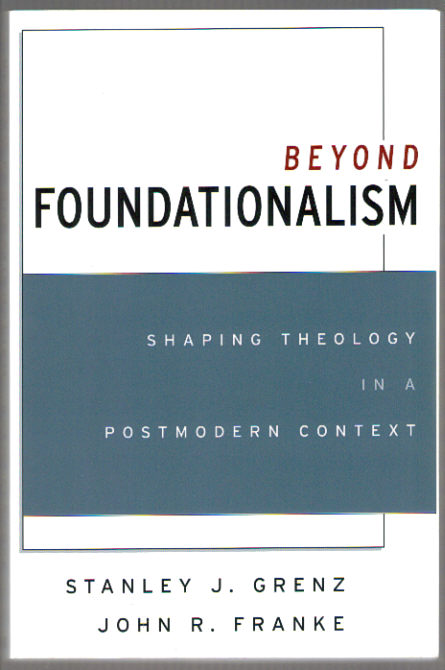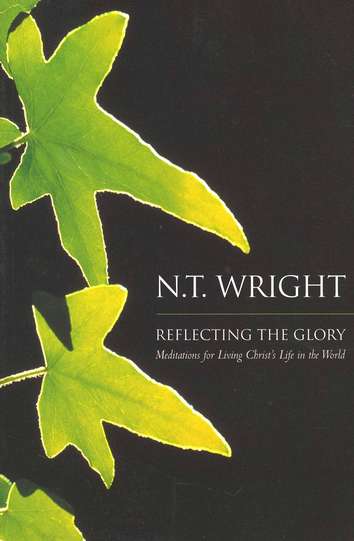So little time and sooo much that I’d like to talk about. I know that I still owe you, my faithful reader, a post or two on Food and the Bible. I plan to get around to it, because it is pretty much going to be the linchpin post for establishing the spirituality of food. So you have that to look forward to.

Then there is the whole Rob Bell controversy. My plan was to let it pass without comment. But it looks like people on either side are getting all hot and bothered over it/him, and that maybe it isn’t going to pass as quickly as I’d expected hoped. At this point, I’m pretty committed to reading the book. More out of a sense of pastoral responsibility than any real interest in what he has to say. Rob is a great communicator, but he isn’t really a first-rate theologian (p.s. I am neither a great communicator nor a first-rate theologian). Anyway, while I plan to read the book, I’m equally committed to not purchasing it. So as you can see, I have something of a problem.

My commitment to not buying the book doesn’t stem from a belief that it is heresy. I’d have to read the book to even begin to form an opinion. Rather, as I’ve shared in the past, I have an abnormal distaste for all things hyped. And brother Rob’s book certainly falls in that category. Who knows? Maybe I’ll stick with my ignore-it-until-it-goes-away plan.
Instead, I’d like to pursue the question posed in the title. Does one teach truth in small bites? Carefully measured out? Or do you turn on the fire hydrant and flood folks with it?
I was on deck yesterday to teach out of Luke 4:1-13 (The Temptation of Jesus), and I was faced with this very dilemma. Last night wasn’t an isolated event. I regularly wrestle with this question. Do I teach all the truth contained in the passage (or I should say “all the truth that I have access to,” because only a very arrogant person would say that they have a handle on all the truth) or do I just stick to one or two familiar points from which I can get some sturdy “applications” for my listener.
Usually, I err on the side of caution. I work with the “less is more” theory. Namely, that a person is more likely to get something good from what I share if I’ll focus on a main idea or two. That way, they can get get a pretty good handle on a few things rather than the deluge of information that I’d like to rain down on them. Well last night, for better or worse, I went with option B.
Luke 4:1-13 is a fascinating passage that can be read on at least two levels. There is the common reading in which we are to take Jesus’ example of resisting the devil’s schemes and apply that to our lives in like manner. Use God’s word to combat temptation. Don’t compromise your single-hearted worship of God… and so on. I hope I’m not sounding too dismissive. I really do think this is a valid reading. But approaching the passage in this way doesn’t get at all the truth that is there. And more importantly, I don’t think it gets at the main truth that I believe is fairly front and center.
Like a good movie, there is the storyline and there is the underlying message. Focusing on the storyline in this case misses the message. Most of us have repeatedly been taught to engage this passage in the manner I’ve just outlined above. But in doing so we run the risk of missing out on what was most certainly the message Luke/Jesus was trying to get across.
The underlying message surrounds issues of “son-ship.” Both the passage itself and the preceding verses are filled with “son” language. And so there are a series of questions lying just below the surface of the text. Who is Jesus? Who is God’s son? Who is Jesus the son of? What does it mean to be God’s son?
But those aren’t the only questions on the table either. What any Jewish reader would have recognized as blatantly obvious are the connections between Jesus’ story and their nation’s his-story. Obvious to them. Not so much to us. Largely because we are unfamiliar with their story. But a group of high school students were able to see it, so I have faith in you as well.
[Jesus] was led by the Spirit into the wilderness, where for forty days he was tempted.
Luke 4:1-3
Do the words “wilderness” and “forty” stand out in any way? Anyone remember a group of people who wandered around a wilderness for a forty length of time?
How about the temptations themselves? The first one was to change a stone to bread. Anyone remember a bread in the wilderness episode. I believe they called it manna back then.
Or temptation number 2… Worshiping someone other than God himself. That’s idolatry. And that’s also what was taking place when Moses came down from Mount Sinai and found Aaron and the lot acting a fool with a golden calf.
Then there is temptation number 3… not quite as clear cut, but as I read it, the devil is casting doubt on God’s goodness. He is tempting Jesus to believe that God wouldn’t come through for him if he were throw himself off the highpoint of the temple. The whole reason the Israelites found themselves wandering the wilderness for forty years was due to failure to believe the same thing about God at a crucial moment. Kadesh Barnea. Look it up.
And if some thick-headed young Jew was still missing the point, the two-by-four to the head would that all of Jesus scriptural responses to the devil were from Deuteronomy. And not just random proof-texts, but verses from a fairly isolated section (Deuteronomy 6-8). All verses that have the wilderness wandering as their backdrop.
“So what?” you ask. All fine and well, but what’s the point?
The point is that Jesus recapitulates the story of Israel. Or maybe more accurately, he is re-framing the story of Israel around himself. By re-enacting key elements of Israel’s history, claims are being made about who he is and what his mission is. Namely, while Israel failed at being “the son of God” (cf. Exodus 4:22 and Hosea 11:1), Jesus breaks onto the scene and he is and will be the faithful son.
Jesus… the faithful son. The faithful one. Sounds like a contemporary Christian song.
Now, if we could just find something that rhymes with “recapitulate” or “Deuteronomy.”














